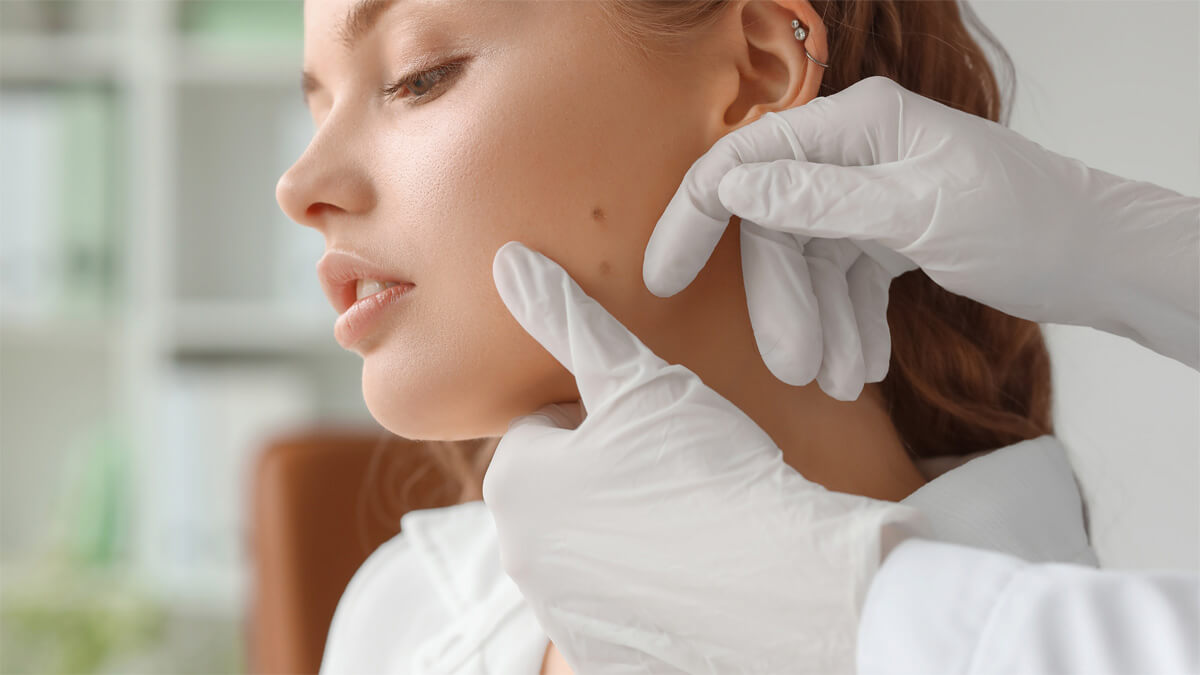ACNE

-
Description
Acne is a common skin condition caused by excess oil production, dead skin cell buildup, and bacterial infection, leading to inflammation in clogged pores. Hormonal fluctuations and genetic predispositions contribute to its development, while factors like diet, stress, medications, and cosmetics can worsen symptoms.
-
Cause
Acne is primarily caused by excess oil production, dead skin cell buildup, and bacterial infection, leading to inflammation in clogged pores. Hormonal fluctuations and genetic predispositions also play significant roles in its development.Additionally, factors like diet, stress, medications, and cosmetic products can exacerbate acne by further irritating the skin or disrupting hormonal balance.
-
Treatment
The goal is to unclog pores with treatments that remove dead skin cells, called exfoliation; to reduce acne bacteria with antibiotics and topical treatments, and to normalize oil gland production. Early treatment is the most effective way to prevent severe acne and scarring.
- Topical retinoids to normalize oil production and unblock pores
- Topical antibiotics and benzoyl peroxide to kill acne bacteria
- Topical salicylic acid and glycolic acid to exfoliate the skin
- A good sunblock made for acne-prone skin to prevent hyperpigmentation from inflammation, and the sun.
- In more severe cases oral medications may be necessary. This may include antibiotics, Accutane (isotretinoin), oral contraceptives, and spironolactone.
- Exfoliation with chemical peels or microdermabrasion can clear acne and reveal healthier, brighter skin.
- Acne cysts are treated with steroid injections.
- Photodynamic Therapy is a light-based treatment to clear active acne. Treatments shrink the oil glands. It is very effective in treating severe acne that does not respond to medications. Treatments can control acne formation and prevent scarring.
- Intense pulsed light (IPL) treatments kill the bacteria that lead to acne.



